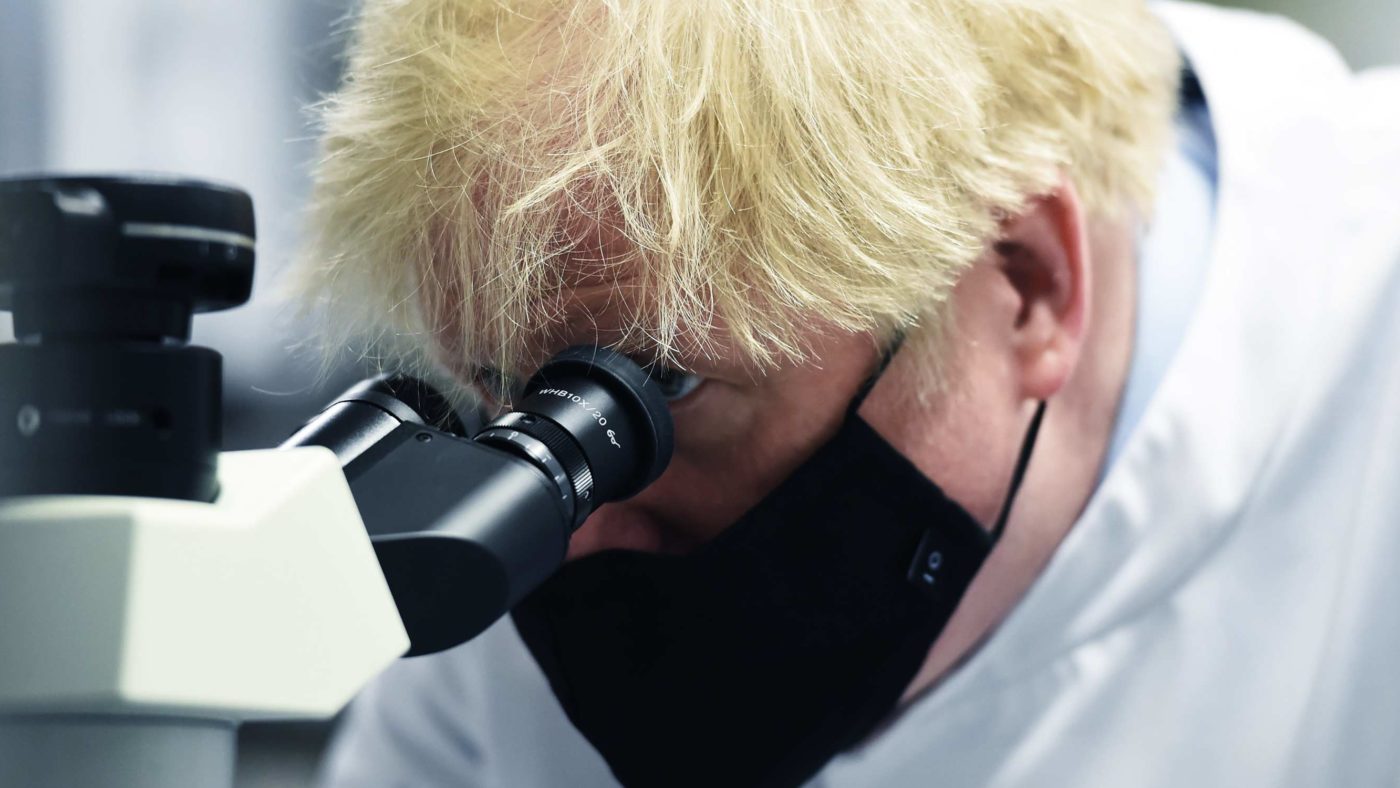Earlier this week former Science and Research Minister Chris Skidmore warned: “if there is not a clear plan from the Chancellor this week, then the Prime Minister’s vision of the UK as a ‘global science superpower’ would have been torn up by the Treasury.”
Well, the Chancellor may not have torn up the Prime Minister’s vision, but nor did he lay out a detailed roadmap.
The commitment from Sunak yesterday to reach £20bn a year by 2024/5 remains, objectively speaking, a significant increase in public R&D investment in the UK. The problem, of course, is that it falls short of the Government’s original pledge to increase annual investment in R&D to £22 billion in that timeframe, instead pushing back the target to 2026/7.
While this two year delay won’t have come as a surprise for much of the sector, it does show that the community will need to hold the Government’s feet to the fire to ensure the vision translates to a tangible roadmap for investment.
However, the Budget and Spending Review suggest that the political will to make the UK a ‘science superpower’ has not waned, with government looking to invest right across the landscape, including new measures to attract talented individuals from abroad and unlock more private investment.
On Wednesday Sunak offered a recommitment to ARIA (the Advanced Research and Invention Agency), representing high-risk, high reward investment all the way through to supporting late-stage innovation by increasing Innovate UK’s annual core budget to £1bn.
The Chancellor also announced a long-awaited overhaul of the UK’s R&D tax credits system making data and cloud computing costs eligible for relief. This is something the technology trade association techUK, where I previously worked, has been campaigning on since 2017, along with organisations like Coadec and others. Sunak will be hoping that this expansion of scope will act as a rocket booster for private investment in R&D, particularly for start-ups where early-stage cashflow is a challenge.
Government proposes to pay for this, at least in part, by introducing territorial restrictions on R&D tax reliefs, meaning that reliefs will only be claimable for R&D undertaken in the UK. That presents issues of its own, particularly for the UK’s thriving life sciences sector. Often R&D happens across global teams and that international component can be crucial for developing new medicines – clinical trials for vaccines, for example, often take place overseas. How, or if, the Government can square this innovation protectionism with its Global Britain agenda is the big question.
Undoubtedly this hodge-podge of announcements on R&D will create some winners and losers and we will need to wait till the Government publishes its response to its earlier review into the R&D tax relief system – but a few things are already becoming clearer:
First, the Government will judge whether it is truly a ‘science superpower’ not just by its R&D investment levels but whether it can maintain its attractiveness to international talent. The creation of international talent scouting centres (Global Talent Networks) suggests they aren’t going to leave this to chance.
Second, the Government is clear that it will spend more but it expects to be met somewhere along the way by the private sector. For example, the announcement that Government will consult on changes to the regulatory charge cap for pension schemes could potentially unlock a new stream of funding to innovative start-ups. That money that will inevitably end up invested in R&D.
It’s also clear that the Government sees R&D spending in innovative companies as a way to ‘level up’ the country. The announcement yesterday that the British Business Bank’s regional financing programmes would increase to £1.6bn to help expand their coverage is a sure sign of this.
As for the rest of it, we will have to wait and see, but Chris Skidmore can at least rest easy that the Prime Minster’s vision remains intact.
Click here to subscribe to our daily briefing – the best pieces from CapX and across the web.
CapX depends on the generosity of its readers. If you value what we do, please consider making a donation.


